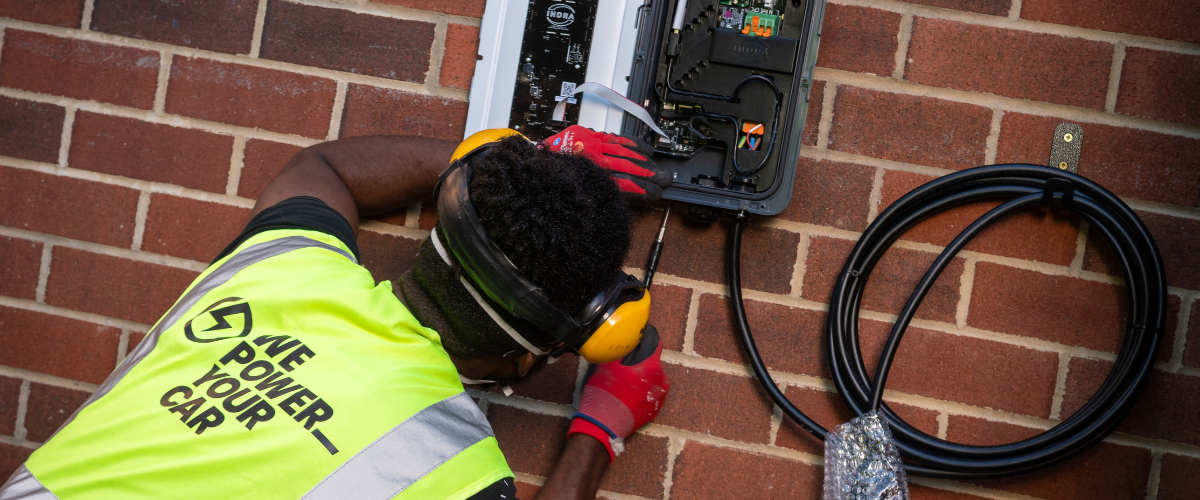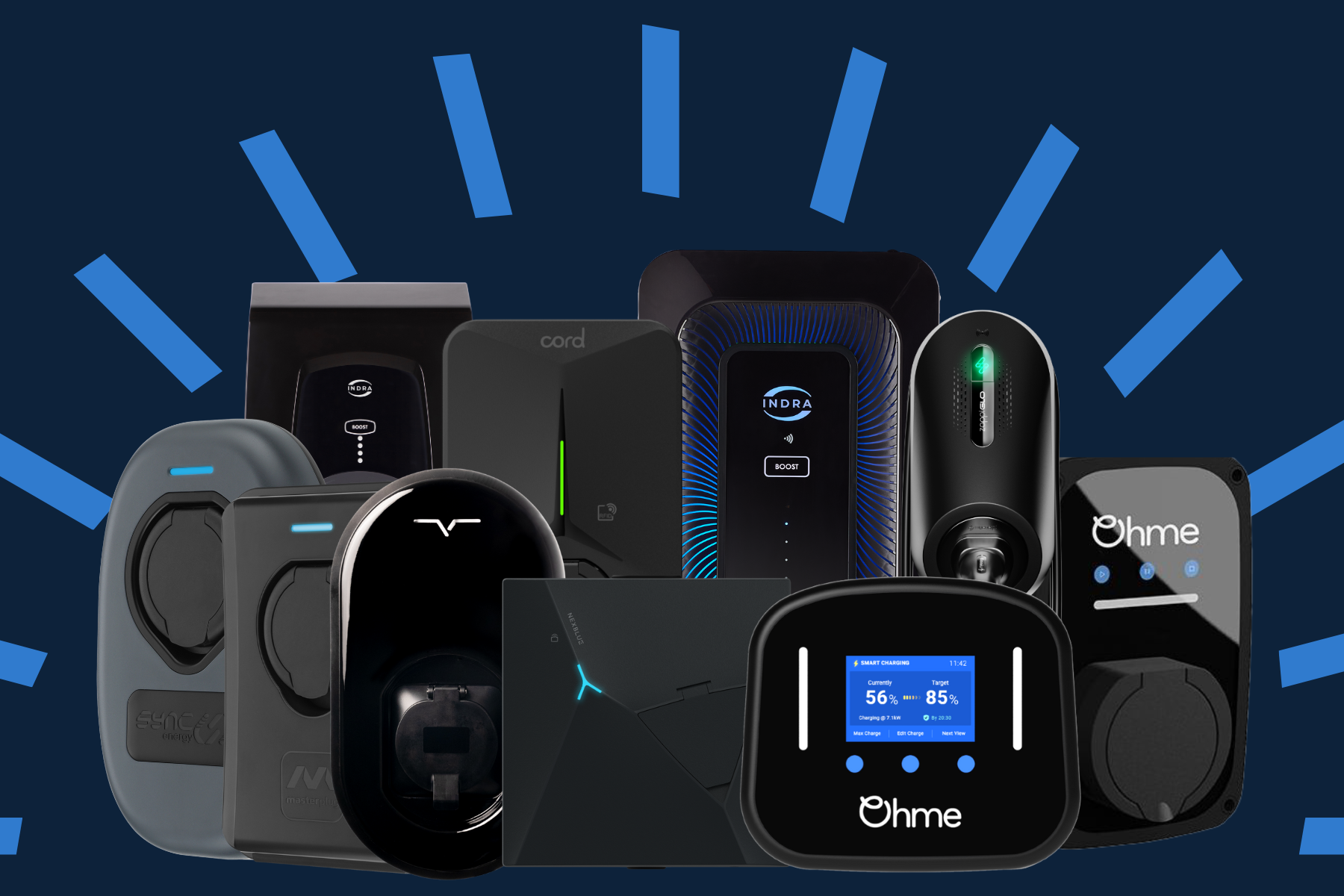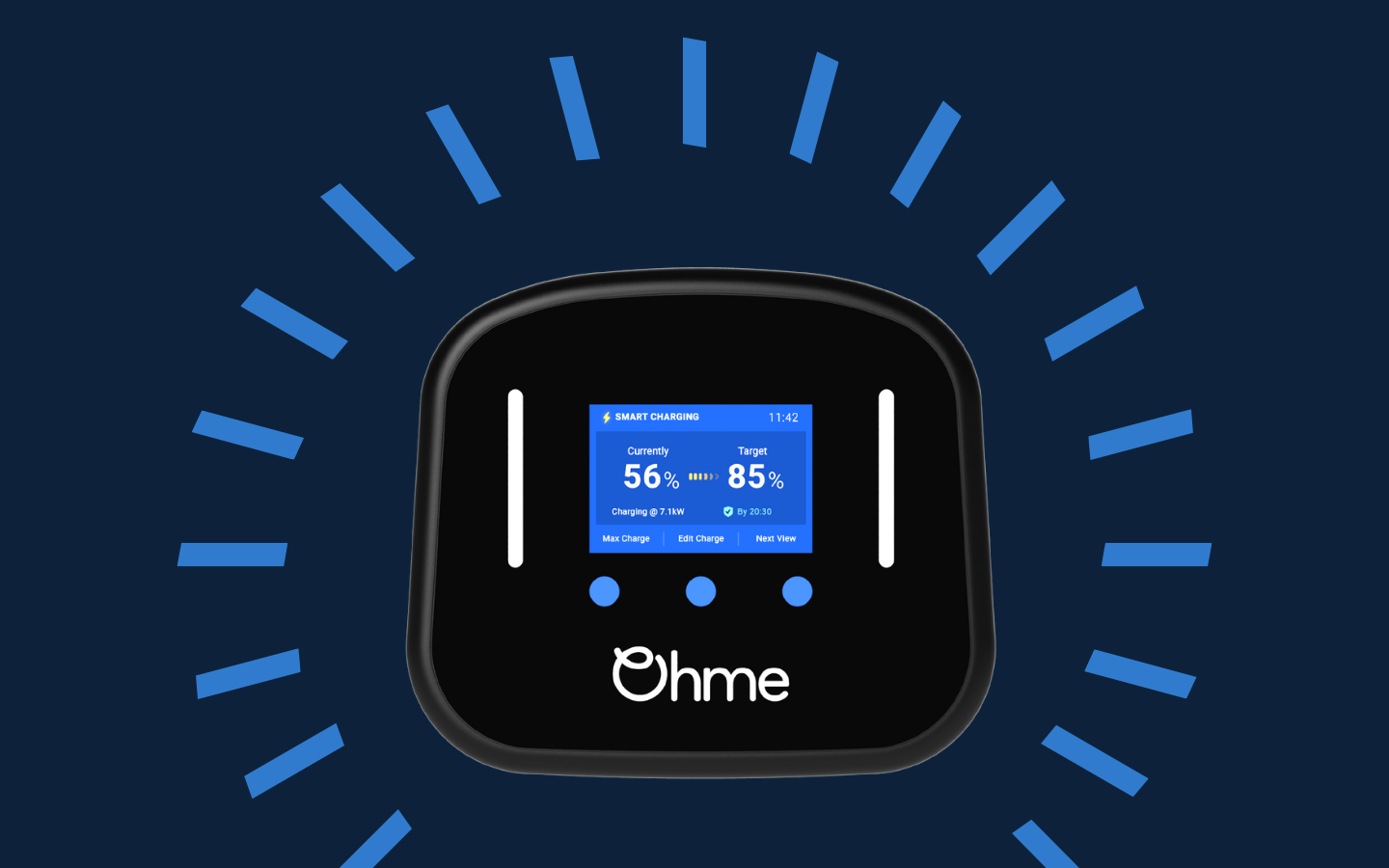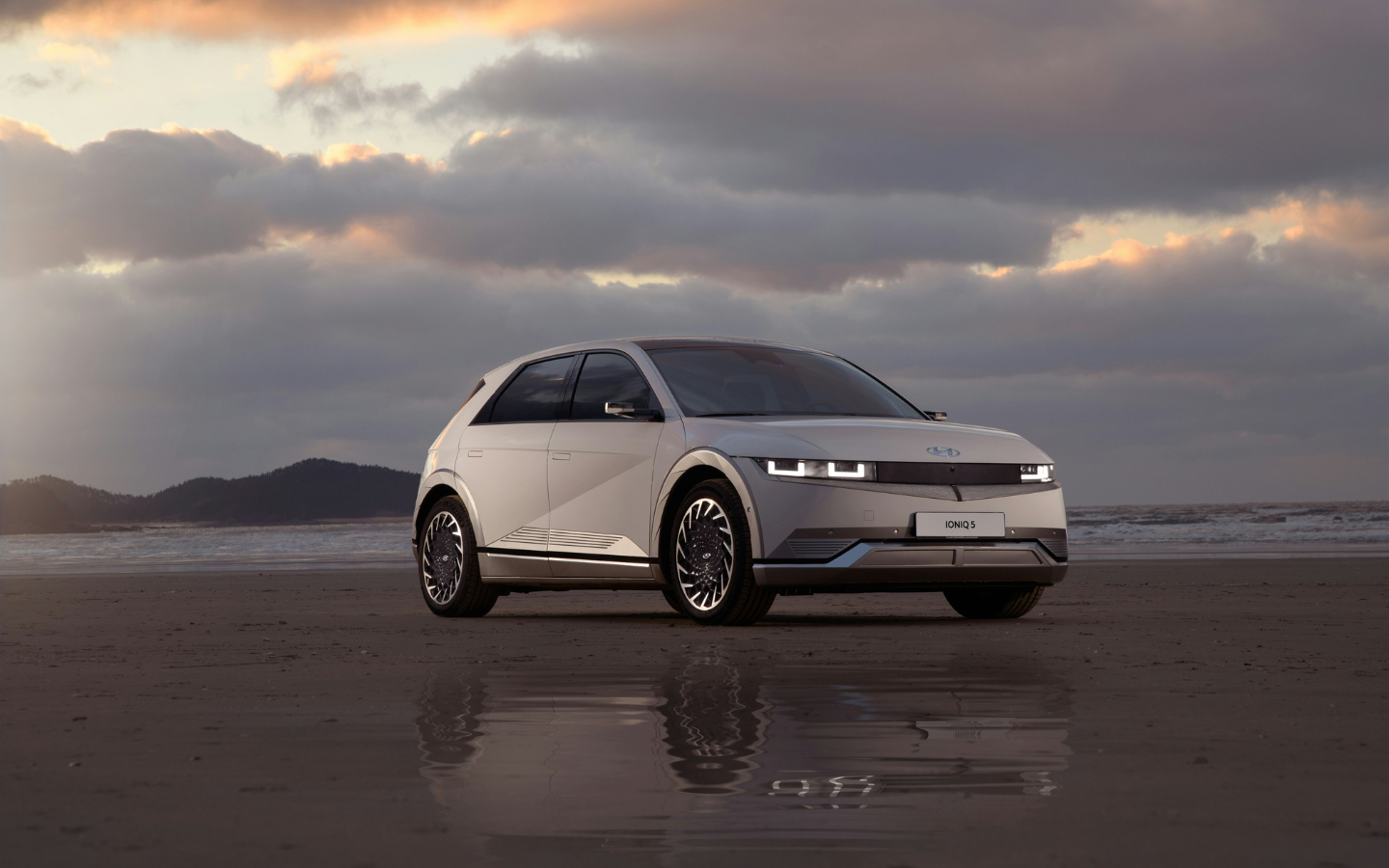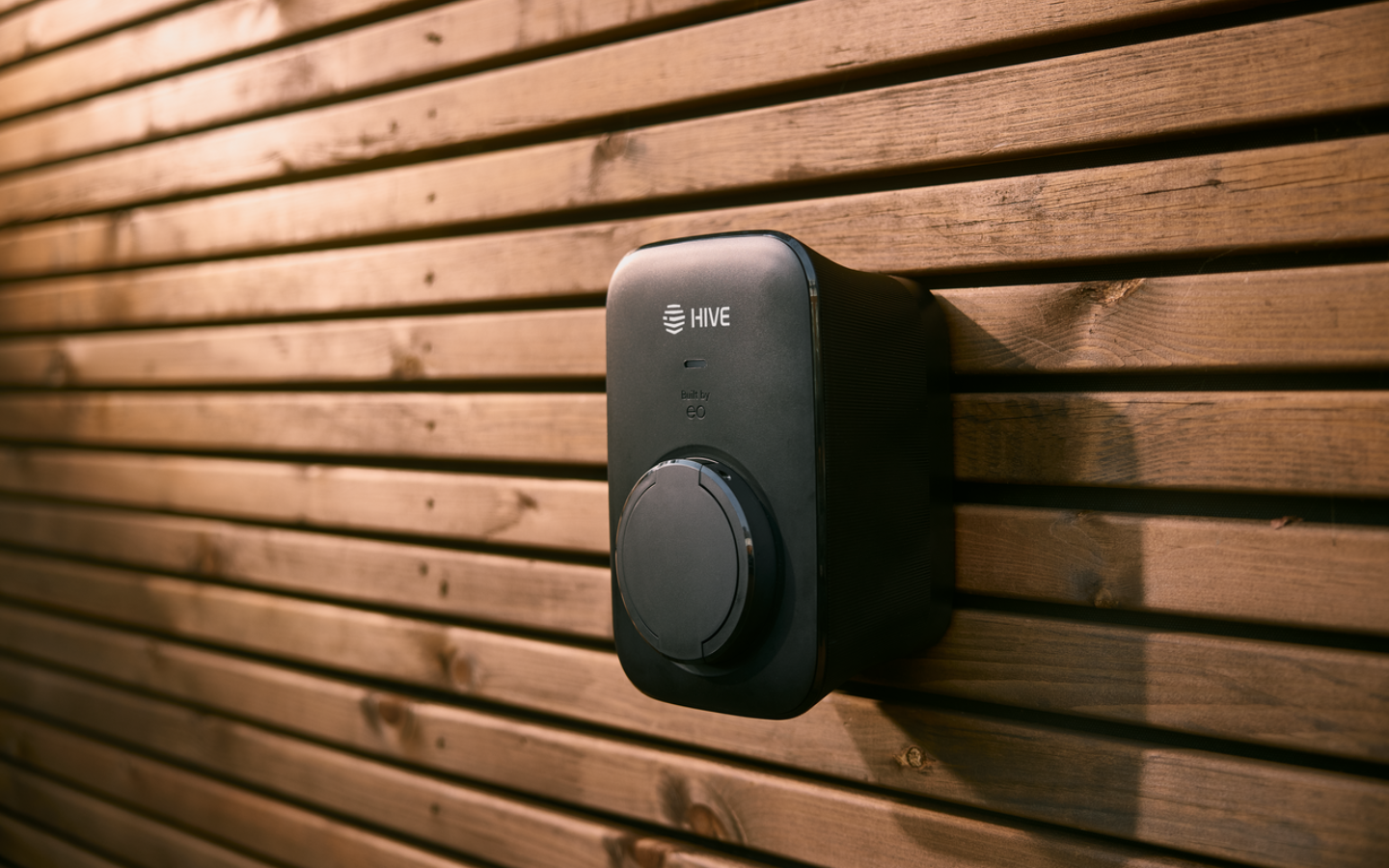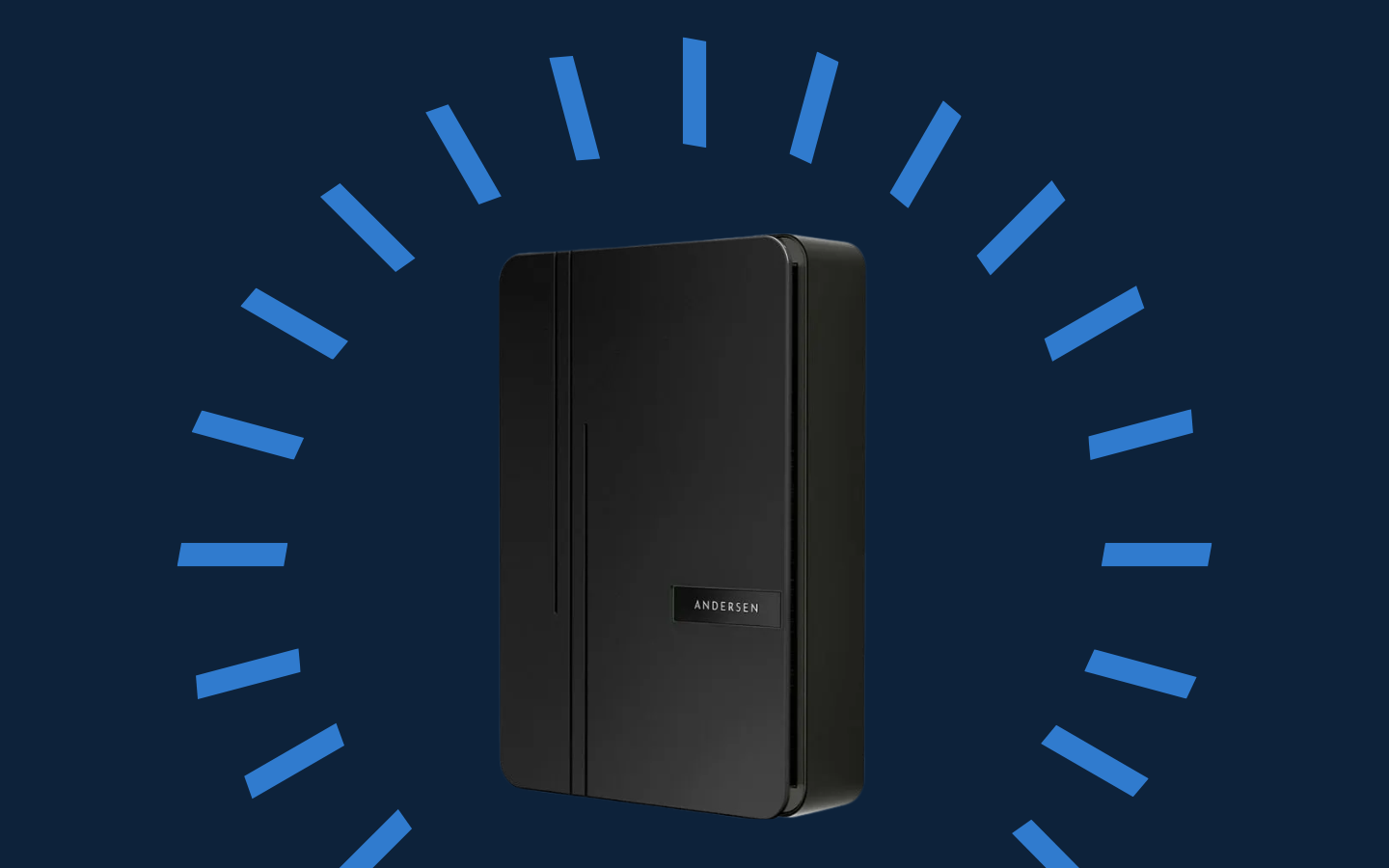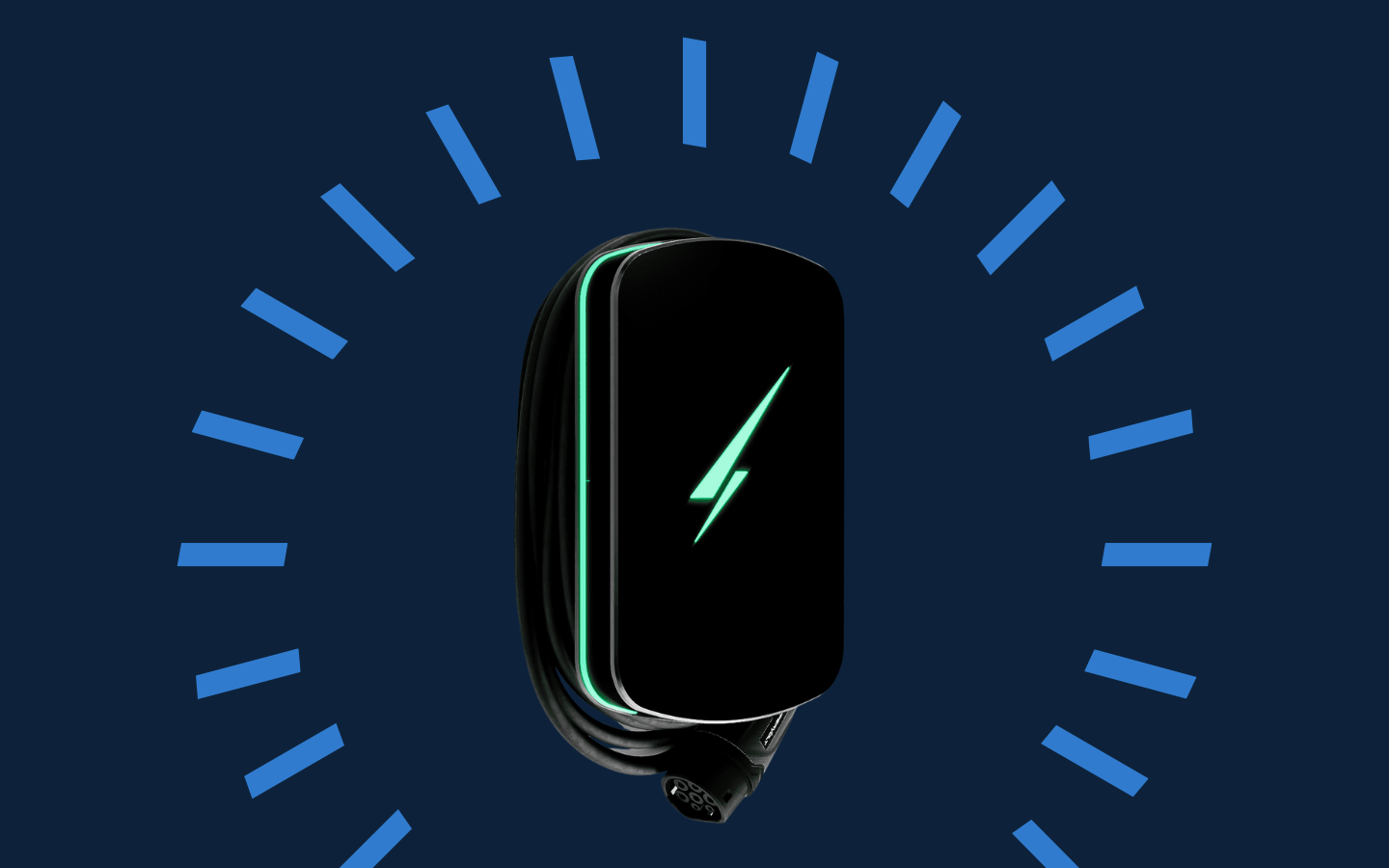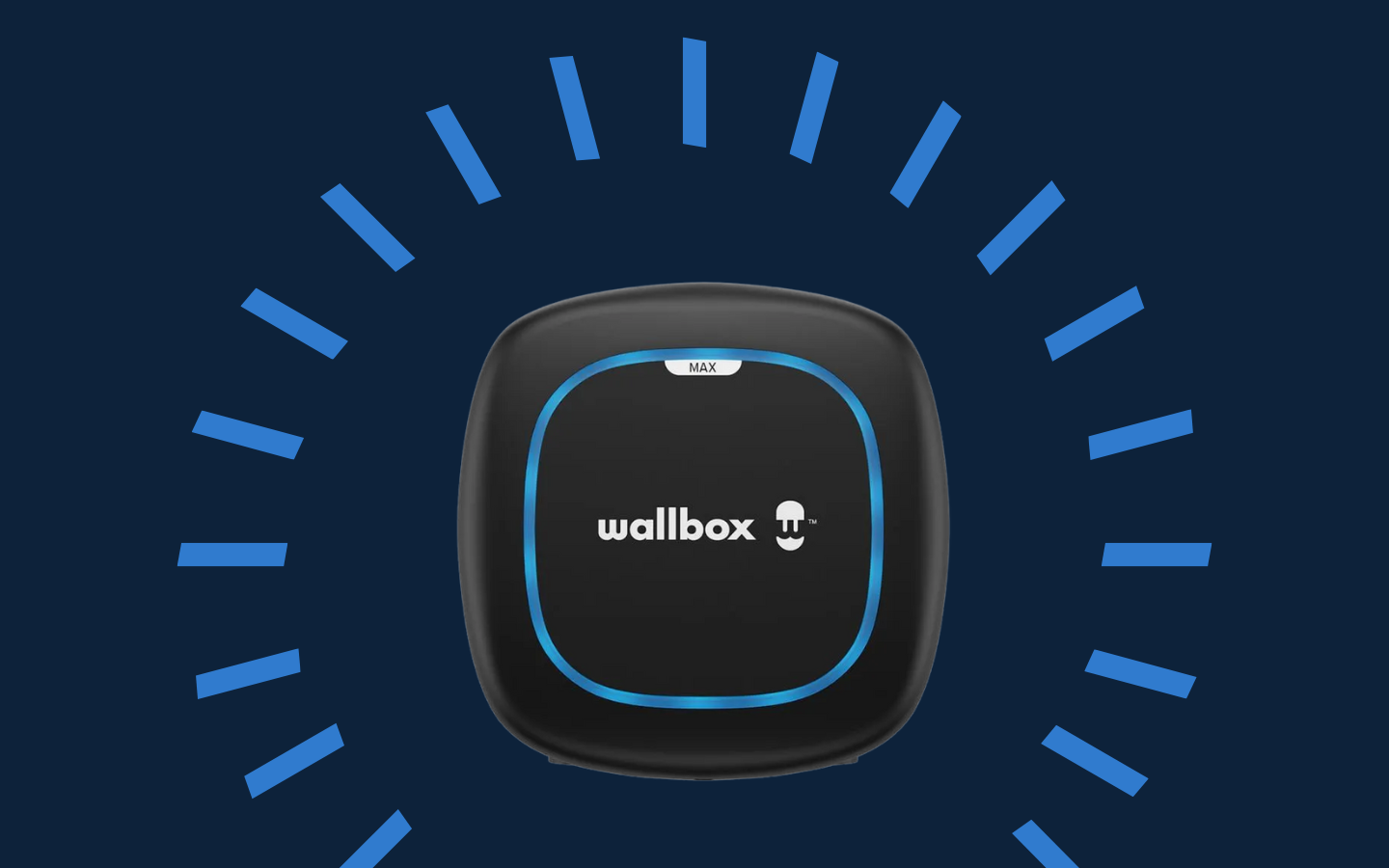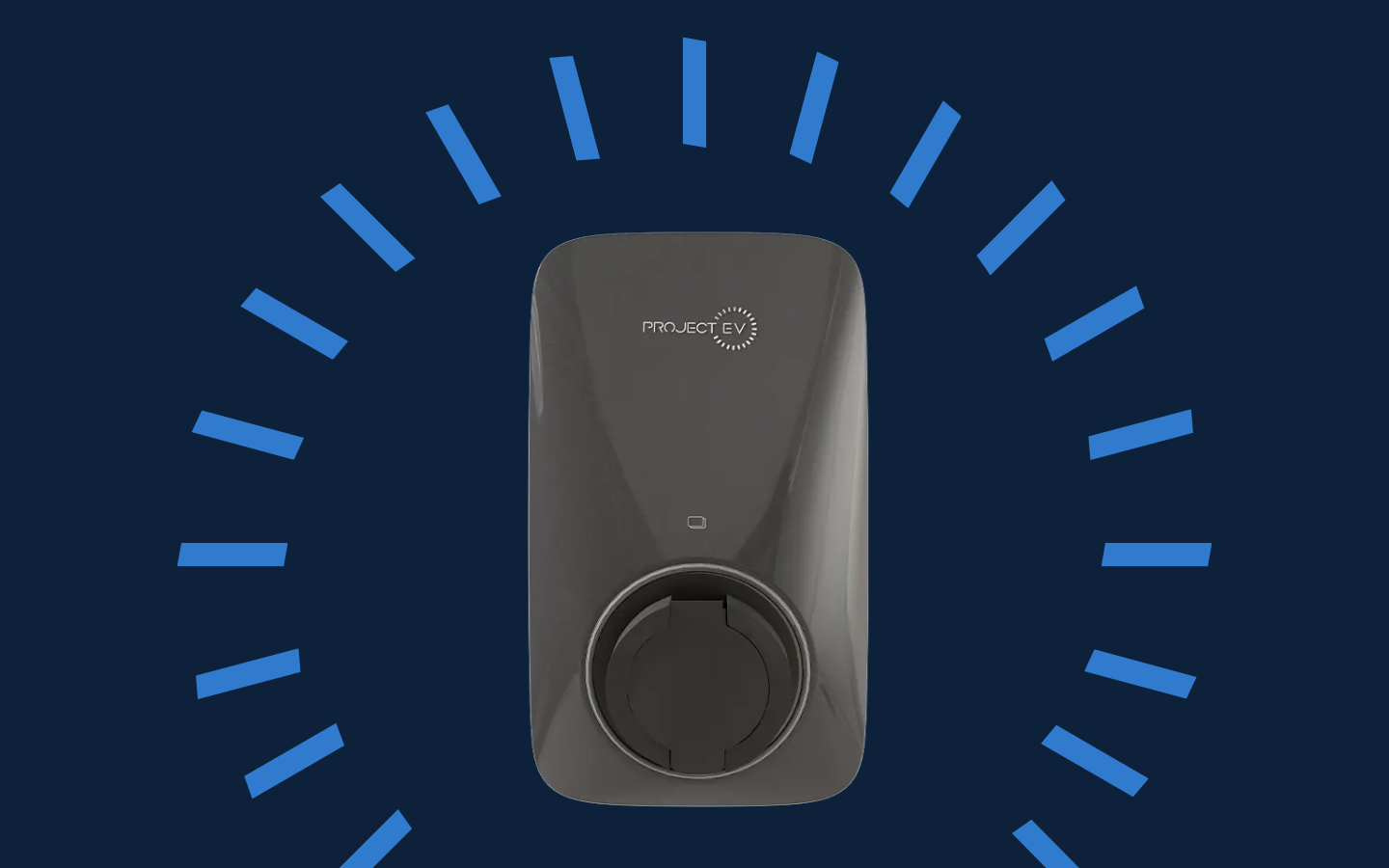

Project EV Charger Review: Project EV Apex 7S, tested
Next in our home electric car charger review series is one from the range of Project EV car chargers: the Project EV Apex-7S.
In today’s guide, we review the pros, cons and let you in on our final verdict in our Project EV charger review.
Discover whether it’s one of the best home EV chargers in the UK.
What is the Project EV charger?
In short, the Project EV charger, the Apex, is a fast, single-phase home AC 7.3kW with a type 2 socket, available in tethered and untethered forms.
Like all home electric car chargers, the Project EV 7kW charger is managed from a smartphone app, has Wi-Fi connectivity, and comes with built-in earthing for quicker installation (no earth spike needed).
Let’s hold up a looking glass and take a closer look at the pros and cons in our Project EV charger review.
Project EV Charger Review: Pros
1. Solar compatible
Make the most of your solar PV system by topping up your electric car with free, surplus solar energy with Project EV’s solar compatibility.
What’s more, you can slash home EV charging costs by combining solar charging and charge scheduling during off-peak hours.
2. Cable Lock
Say goodbye to cable thieves. Lock. Unlock. At the touch of a button.
With Project EV’s cable lock system, you can lock your charging cable into place, stopping unwanted use while away and adding another layer of theft protection.
3. Dynamic Load Balancing
Safe, protected EV charging sessions are guaranteed with Project EV’s dynamic load balancing. A smart feature that prevents electrical overloads and trips by automatically adjusting your EV charger charge rate when your home’s capacity touches maximum.
4. 5 Year Warranty
Across the board, the industry standard for EV charger warranties is set at three years. Project EV’s warranty, though, surpasses this – with the home charger coming with a 5-year warranty as standard.
Peace of mind, extended.
5. Built to last IP65 Protection
Rain. Sun. Snow. Bring it on.
The Project EV charge point is built tough, entirely robust and life-proof with an IP65 rating.
Dust? Blocked. Water jets? Deflected. Condensation and spray? No match.
It’s all-weather protection, 24/7. No matter the forecast.
6. Multiple Charging Methods
Why have one when you can have three? Jam-packed with control options, you decide how you want to charge your electric car with Project EV.
- Project EV app: Traditional charging management option.
- RFID cards: Swipe to start and stop charging sessions.
- Plug and charge: Simply plug in and top up. No buttons. No app.
And if you need to stop quickly, slam the emergency stop button on the side of the unit.
Project EV Charger Review: Cons
1. An outdated aesthetic
For those who favour a glossy aesthetic, a small stature, or a complementary addition to your home, then perhaps have a rethink on the Apex. Despite the variety of colour choices, the Apex doesn’t quite stick the landing.
Big. Bulky. Thick. (Though not as large as its predecessor – the EVA). The plastic casing of the Project EV Apex is sized at 320mm (H) x 190mm (W) x 144mm (D). Compare this to other chargers, such as the Ohme ePod at H230 x W140 x D100, and it’s one that will stand out. But perhaps not for the right reasons…
Explore your options if you favour form over features. Other EV chargers on the market have opted for more modern, sleeker looks – such as the Easee One and the Indra Smart Lux.
2. Connectivity issues
Unfortunately, user feedback is in… and it’s not looking great.
Users have noted Project EV charger is known for its connectivity issues, specifically regarding the mobile app.
Constant connecting and disconnecting between the app and the charging point means that smart features are unreliable and may not function when you need them to.
Plus, owners have flagged the Project EV app in general, too, as being significantly behind other competitors. From our own research, we’ve found that the app is rated 1.6 stars on Google Play and the App Store, mostly due to poor user experience.
3. Smart, but not intelligent
One of the main benefits of home EV chargers is their ability to dramatically slash charging costs, especially when combined with EV tariffs.
For example, you can charge your electric car for as little as 7p per kWh with the Intelligent Octopus Go Tariff.
Sadly, the Project EV Apex-7S doesn’t have this tariff compatibility.
Project EV Charger Review Conclusion: Are Project EV Chargers Any Good?
Overall, the Project EV charger Apex does what it says on the tin – it charges your electric car, safely and effectively. And at a promising price point of approx. £550-£659 (without installation), the Project EV charger is a decent choice for those who don’t care for the flair of aesthetics or flash of intelligence.
That said, the Project EV charger isn’t the best looking on the market, nor is it the smartest, or even the cheapest. Other electric vehicle chargers for sale do more – some for less. So, there are flaws to the Apex. Most notably, the Project EV charger app still has rampant issues, which have ultimately led to its downfall in our decision.
Our final verdict: Is the Project EV charger good? Yes, it is a decent, basic no-flares home charger when the app is running smoothly. But are there better EV chargers? Yes, 100% – we feel there are better EV chargers on the market with stronger tech and cleaner aesthetics, sometimes for the same price as the Apex. The evec, for your basic, cost-effective EV charger, and the Ohme Home Pro for your intelligent charger – just to name a few.
Ready to invest in a home EV charger?
Put your trust in We Power Your Car. As one of the UK’s leading nationwide EV charger supply and installation companies, we handle the entirely installation process, from charger choice, DNO approval, grant application, installation and more – all with first-class customer service.
Still on the fence? Browse what our customers are saying on Trustpilot… spoiler: We’re rated 4.9 with over 2,000 reviews.
Get your free EV charger quote, browse our market-leading range of EV chargers or contact us for unbiased advice below.
Still struggling? Explore our other EV charger reviews.
